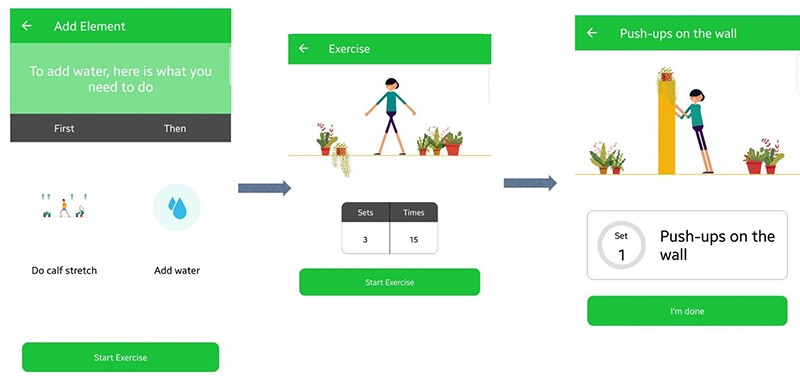People with intellectual disabilities suffer disproportionately from health issues

The United Nations Convention on the Rights of Persons with Disabilities gives people with intellectual disabilities (ID) the inalienable right to health care of the highest standards. In a similar vein, a person with ID is not inherently unhealthy.
Why, then, do people with ID suffer so disproportionately from poor health? People with ID are almost three times more likely to be obese and twice as likely to die before the age of 50. In addition, in a group of 10 people with ID:
- 4 will have untreated tooth decay
- 4 will require vision correction. 2 will have some form of eye disease e.g. glaucoma
- 5 will have significant problems with flexibility, 4 of them with balance
- 3 will fail a hearing test
- 2 will have low bone density
- 6 will be obese
A sampling of the reasons for this discrepancy include:
- Discrimination and stigma
- Lack of training for healthcare professionals in dealing with people with ID
- Caregiver control over healthcare utilization, food choices and fitness access
- Lack of access to community services (health education, fitness programmes etc)
- Lack of social support from family, friends neighbors
- Lack of employment opportunities
Taken as a whole, people with ID frequently have health problems that go undetected and become socially isolated. This leads to an overall decline in physical activity and wellbeing.
Harnessing technology to reach the isolated
Sprout is a mobile phone application that encourages and motivates people with intellectual disabilities to be active by gamifying exercise. It takes the exercises from Special Olympics proprietary Fit5 programme and turns them into a game where the user exercises to earn elements (water, sun, wind etc) to nurture and grow a plant from a seedling. Most importantly, the features and user interface for Sprout were designed to cater to the needs of people with ID based on empirical research.
The results of an empirical approach
The research Sprout was based upon and the subsequent design considerations were conducted by the user experience firm Palo IT Singapore. Palo IT dispatched staff to training sessions conducted by Special Olympics Singapore where they interacted with athletes, caregivers and coaches before arranging to interview them formally.

Prototypes of Sprout were also given to athletes for observational studies on how they interacted and responded to app features, button placement, and in-game navigation. A video of the research process can be viewed here.
These efforts resulted in features within Sprout such as:
Gamification of exercises

Utilising a game to motivate people with ID served several functions:
- Mechanism for providing small, sustainable rewards for exercising
- Re-playable and scalable (more features will be added in future)
- Gradual growth of a plan lent itself to a phased, gradual approach to building up fitness
Animated exercise videos with specially designed characters

Characters were designed to appeal to a spectrum of people with an eye toward adequate limb articulation for exercise demonstration as well as ethnic and gender diversity. Visual cues, pictures and gestures are an important part of communication with a person with ID.
Gradual lead-up to exercise videos

Screens From left to right:
- Connection of activity to objective/reward
- Projection of overall task i.e. you are expected to complete X sets of Y activity Z number of times
- Exercise video screens with description of activity
Athletes may have difficulties in conceptualising what is required of them. With the use of repetition and a screen specifically intended to link an action to a payoff, Sprout avoids surprising the athlete with new or piecemeal information. Constant reference to previous information (e.g. you’re doing push-ups against the wall, you’re going to walk in a straight line etc) will also reinforce the task that must be performed.
Timed progress and positive reinforcement

Progress bars give athletes or their caregivers a visual cue on how long to perform the exercise or hold a stretch. Following the exercise, the athlete receives praise and positive reinforcement. In future, we have plans for audio feedback e.g. encouraging spoken messages during and after exercises.
Mandatory timed rest periods

To prevent overexertion or overuse of Sprout, there are mandatory rest periods at the end of each exercise and between exercises. There is also a lock-out period so the app can only be accessed after a 24 hour break.
Breaking through barriers with Sprout
People with ID face many barriers to their health and wellbeing. Many physical ailments, or complications resulting from physical illness, are wrongly attributed to that person’s intellectual disability, only to be compounded by shortcomings in many healthcare regimes.
As a case in point, a legally blind person with ID could go undiagnosed because the doctor did not know how to adapt an eye chart to suit a person with ID, only to have his lack of reading skills attributed to his or her intellectual disability.
Sprout addresses part of this issue but must form part of a larger conversation on the state of health for people with ID.












